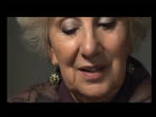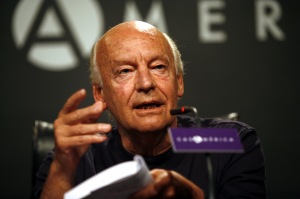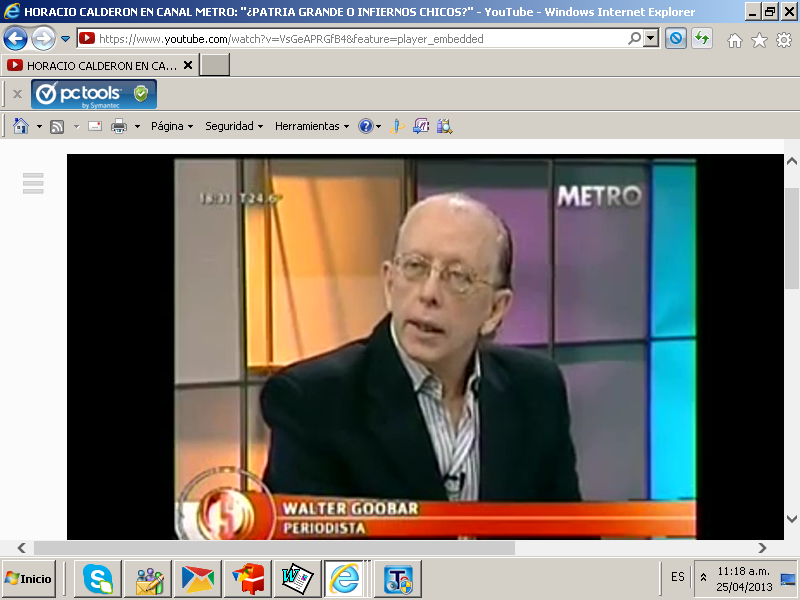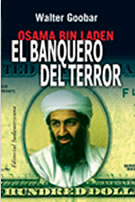
Argentina, terrorism and cover-up
Five years ago, on March 17, 1992 a car-bomb attack by Hizbullah, the Iranian backed Lebanese militia which counts with terrorist cells in the three-border area of Argentina, Brazil and Paraguay, devastated the Israeli Embassy in Buenos Aires killing 29 people and injuring 252.
By Walter Goobar*
Two years later, on July 18, 1994, a second car-bomb destroyed the Argentine Jewish Community Center (AMIA) killing 86 people, injuring more than three hundred and turning Buenos Aires into the scene of the bloodiest anti-Semitic attack since the end of World War
II. In Middle-Eastern terms, these attacks were meant to announce that Jewish Communities all over the world would be considered legitimate targets in retaliation against Israeli military operations in Southern Lebanon, but for Argentina, it implied the restoration of an even more wicked logic: that of impunity. Argentina is probably one of the few countries in the world, where the terrorists who demolished the Israeli embassy and the headquarters of a Jewish institution were able to get away with it.
Argentina is not the only country that in recent years has become a target for domestic or international terrorism. The US suffered this scourge with the World Trade Center and the Oklahoma Federal Building bombings, and Japan with the deadly gas attack in the Tokyo subway. But the killers responsible for these international and domestic terrorist attacks were eventually found and put behind bars, and steps have been taken to prevent new attacks. Everywhere except in Argentina.
To conduct the case of the embassy, the Argentine Government appointed an 80-year old Supreme Court judge to conduct the case, whose investigation moved along sluggishly during the first four years without a single suspect being prosecuted or arrested. Last year the Supreme Court published a ridiculous report suggesting that the explosion was internal and perhaps caused by an israeli arsenal placed in the basement of the embassy. The report pretended to transform the victims into uspects or perpetrators.
As to the AMIA bombing, there is strong evidence suggesting a direct involvement of present or former members of the security, intelligence and armed forces, who might have perpetrated this terrorist operation under Iranian assignment. The cover-up by the Argentine security establishment is so notorious, that judge Juan Jos‚ Galeano, in charge of the inquiry, has been left without any trustworthy agents to accomplish an independent investigation. Galeano has already been misled by the
Federal Police, the Buenos Aires Police, the Division for the Protection of Constitutional Order (POC) and the State Intelligence Service. Despite the arrest of six high ranking policemen, all these state-agencies seem to be acting under some sort of gentleman agreement to prevent any progress in the inquiry.
The investigation of both terrorist attacks combines many of the most burning issues in Argentine politics: international and state terrorism, espionage, political assassinations, arms trafficking, bribery, national and border security, national or foreign reasons of State, foreign policy dependency and inefficient intelligence and
judiciary systems, suspicious diplomats and terrorists maneuvering out of fear of being betrayed by their own associates, misled prosecutors, and murderers concerned about the safety of their families.
When terrorists act under the coverage of a foreign government, their actions are very difficult to investigate, particularly if the government is one of the potential suspects. State terrorism (meaning both: sponsored by a foreign state and perpetrated with the cooperation of people holding positions in the local State) is an hideous, shameful matter, that brings about various forms of corruption. The involvement of members of police, intelligence or armed forces in the murder of
citizens they should purportedly protect, unveils one of the most wicked aspects of human nature. When these crimes remain unpunished, society as a whole is held hostage to a permanent threat. The sole suspicion of a cover-up turns the country into a sitting duck, not only for the perpetrators of previous attacks but for anyone fostering the dream of the perfect crime.
With an urge to be in the limelight only matched by his ambition to win the Nobel peace prize, president Carlos Menem has carried out a series of risky moves in the volatile Middle East, ranging from an official announcement of Argentina's automatic alignment with the US and Israel and the sending of troops to participate in the anti-Saddam coalition, to the negotiation of nuclear and arms agreements with partners as unreliable as Iran, Iraq, Syria and Libya. Argentina's security and intelligence systems are not prepared to face up to the risks derived from certain foreign policy measures. Thus, some branches of government generate risks that others cannot anticipate or prevent and which will eventually be borne by those who had no part in such decisions. Their inability to solve these massive crimes shows that the activities of the judiciary and security systems are focused on keeping an eye on the citizens rather than on protecting them.
That almost every country's secret services by definition pose some threat to emocratic institutions is well known to those familiar with their activities, but Argentina's shadowy services have a markedly ultra-rightwing profile with a strong anti-semitic bias. This has enabled international terrorism to find in these organizations an optimum market to recruit members for their local networks.
Although Argentina has no sufficient legal evidence to get a conviction in court, there is overwhelming political, diplomatic and intelligence evidence, proving the participation of Iran - through Hizbullah -, in both attacks. However, alleging the lack of legal evidence, the Argentine government chose to negotiate covertly with Iran after the first bombing and denounced it hysterically after the second
attack -Carlos Menem stated that Argentina had partial evidence of Iran's involvement- and, then, once again resorted to secret negotiations under pretext of preventing a third attack.
The Government reacts strangely each time the issue of the Argentine-Iran relations is mentioned. A series of facts lead to think that there is a secret zealously kept by four people: president Carlos Menem, cabinet chief Jorge Rodr¡guez, foreign affairs minister Guido di Tella and the head of the State Intelligence Service (SIDE), Hugo Anzorreguy:
* After the first bombing, representatives of the Argentine government met secretly with Iranian representatives abroad and promised arms and grain as compensation for a nuclear contract that had been canceled by Argentina because of US pressure, but were unable to prevent a new attack.
* After the second bombing and following the reconciliation of Carlos Menem with Syrian president, Hafez Assad, the Argentine government sent intelligence undersecretary Rodrigo Toranzo to Lebanon, where he met with colonel Michel Rahbani, head of the Syrian intelligence in Lebanon. This visit, that took place in late 1994, was not a matter for concern to Hizbullah or Iran. "Toranzo could have received the same information in Damascus. Whatever the cost, Hafez Assad wants Syria to be excluded by the State Department from the list of countries sponsoring terrorism and this is only a Syrian gesture toward the international community", said a Hizbullah security officer.
* During the second week of March 1995, on which the third anniversary of the attack against the Israeli embassy was commemorated, Argentina's foreign affairs minister, Guido di Tella, met secretly with his Iranian counterpart, Ali Akbar Velayati, during the Copenhagen Social Summit.
The main issue discussed at the meeting was the possibility of restoring both countries' relations. In order to accomplish this, Argentina had to pay too high a price: to guarantee that the investigation of both attacks would not jeopardize any Iranian interests.
* In March 1996, an Argentine newspaper disclosed that the Foreign Affairs Ministry had not verified the background of Iran's new diplomatic representative. The report revealed that the newly appointed charg‚ d'affaires, Ali Sagahian, was a disciple and the right hand man of Javad Mansouri, the founder and first commander of the Revolutionary Guards, who in his book "Revolution and Diplomacy", advises that "our revolution can only be exported with grenades and explosives" and suggests "to turn
each Iranian embassy abroad into an intelligence center and a base to export the revolution".
Only if the actual perpetrators of both attacks are found and punished and their local networks with branches within the security forces are put out of action, will Argentina be able to conduct a credible and coherent foreign policy and, hopefully, prevent a third terrorist attack.
*Walter Goobar is International Editor of the daily newspaper Pagina/12 in Buenos Aires and author of the "The Third Attack", a book about this subject published by Editorial Sudamericana.
 Seguinos en Facebook
Seguinos en Facebook Seguinos en Twitter
Seguinos en Twitter Suscripción RSS
Suscripción RSS Home
Home Contacto
Contacto












